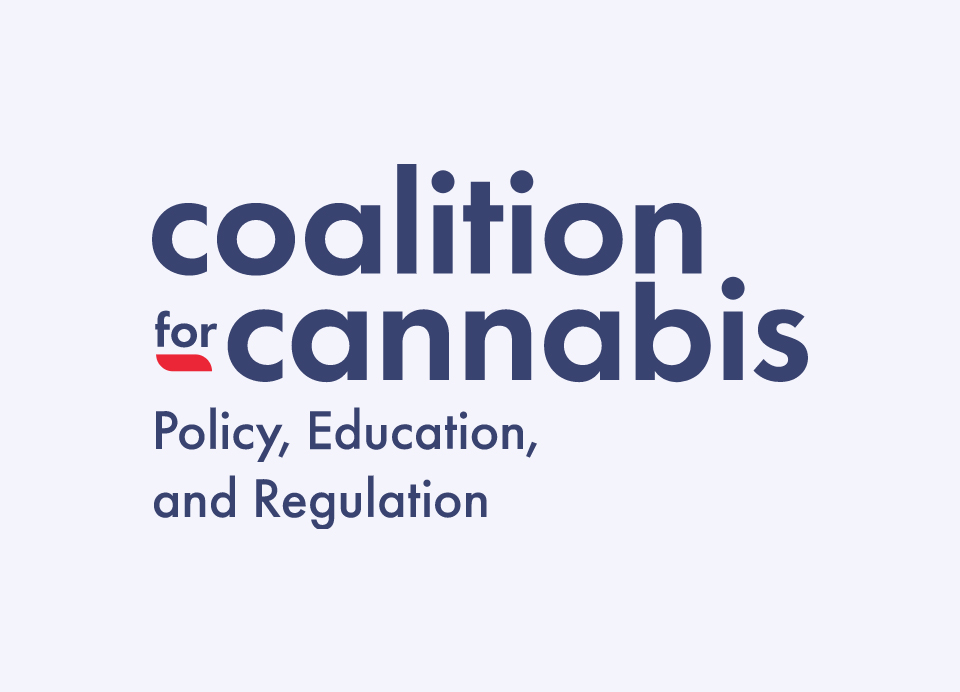
December 20, 2023
CPEAR Unveils New Research on Standardization in the Cannabis Industry
Latest Research Urges the Adoption of Universal Standards
WASHINGTON, D.C. – Today, the Coalition for Cannabis Policy, Education, and Regulation (CPEAR) released insightful research addressing the pressing need for standardization in the rapidly expanding cannabis industry entitled, “What’s in Your Weed.” Conducted by Dr. Staci Gruber and Dr. Kelly Sagar, with contributions from bioMérieux, the analysis sheds light on the complexities and challenges posed by the current discord between state and federal policies, the absence of unified standards and the implications of NOT knowing “what’s in your weed.”
“As cannabis use becomes more prevalent nationwide, ensuring consumers and patients have accurate information about cannabinoid-containing products is crucial,” said CPEAR Center of Excellence Director Shanita Penny. “The lack of federal oversight has created a confusing landscape for consumers, patients, policymakers, researchers, industry stakeholders, and healthcare providers. Our research underscores the need for a federal framework that includes universal standards that bring clarity and transparency to this growing industry.”
As part of the ongoing efforts to enhance standardization, CPEAR encourages collaboration among industry stakeholders and policymakers. Ongoing efforts to develop overarching guidelines for standardization of testing and analyses, label information, and education are currently underway by several organizations including ASTM International. The establishment and implementation of universal standards will not only empower consumers but also ensure the safety and reliability of cannabis and cannabinoid-containing products.
“Working with bioMérieux, a family-owned company at the forefront of innovating pathogen detection and identification, on this policy paper is an amazing example of the power of radical collaboration” Penny concluded.
Policy Recommendations:
- Centralized Oversight:
- Establish federal oversight for consistent testing and labeling standards for cannabis and hemp products, reducing misinformation and ensuring public health.
- Implement regulations to address gaps and inconsistencies in state-specific rules, enhancing product safety and consumer understanding.
- Standardization and Research:
- Recognize and support industry-wide testing standards to discourage “lab shopping” and ensure reliable results.
- Invest in research to strengthen regulations, bridge existing gaps in standards, and provide a foundation for comprehensive testing methods.
- Education for Sellers and Buyers:
- Develop accredited courses for vendors and “budtenders” covering vital topics like vulnerable populations, drug interactions, and various modes of cannabis use.
- Establish centralized, verified resources to offer accurate information on cannabis and cannabinoids, empowering consumers to make informed decisions.
CPEAR recently praised the introduction of the Strengthening the Tenth Amendment Through Entrusting States (STATES) Act. The bipartisan legislation aims to aligns federal policy with state policy to ensure legal cannabis markets are safer. If passed, the bill would aid states that have decided to legalize medicinal and adult-use cannabis while protecting states that have decided to keep cannabis prohibited.
###
About the Coalition for Cannabis Policy, Education, and Regulation
A 501(c)(4) non-profit organization, the Coalition for Cannabis Policy, Education, and Regulation (CPEAR) works to advance comprehensive policy solutions for cannabis legalization and regulation. The Coalition strives to be a trusted, science-driven resource for lawmakers and the larger stakeholder community, developing responsible policies that provide access to cannabis while protecting consumers and patients, barring underage use, upholding public health and safety, and promoting social equity. Comprised of a diverse group of stakeholders, the Coalition brings unique perspectives to the table to thoughtfully address what a national, legal cannabis industry should look like. To learn more, visit www.CPEAR.org and follow us on Twitter.